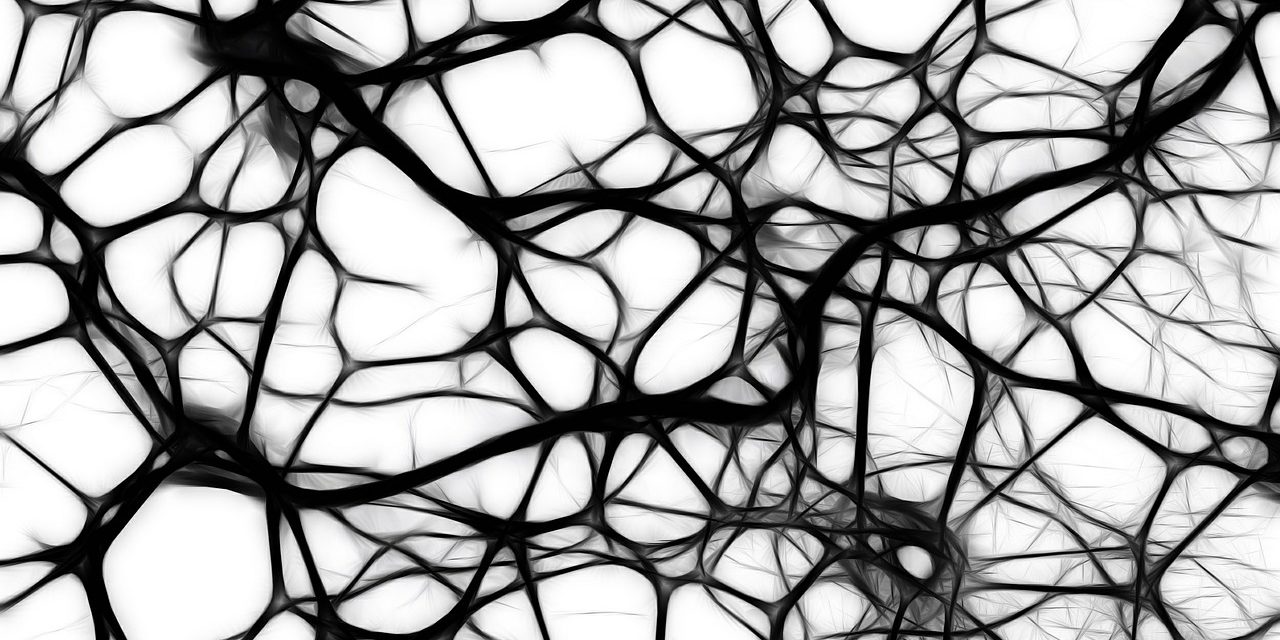This Sunday, every single person in the UK will unite and take action, with a clearly defined and common purpose. We have done so twice a year since 1916, with a couple of exceptions.
Amazing – the fact that people, all of the people, will mobilise and co-operate to change something as ubiquitous and vital as the time.
The outcome of this change is predictable and absolute – by turning our clocks forward by one hour British Summer Time will begin, we will lose an hour of sleep and gain lighter evenings, until we turn the clocks back again on October 27th.
According to change management and neuroscience expert Hilary Scarlett, it is changes that have unpredictable outcomes that cause us to struggle. Studies have shown that people cope better when they know that the outcome of a change will be negative than they do when faced with uncertainty about what the outcome will be.
Uncertainty activates the parts of our brain that deal with fear and pain. We’re less able to think clearly in these situations. Anxiety increases, we feel more threatened and we expect the worst. Scarlett gives the example of a child being punished, where “Go to your room and just wait until your father gets home…” is far more frightening than “Go to your room and don’t come down again this evening.”
It’s no co-incidence then that the term ‘Brexit Anxiety’ is now widely used to describe the impact of indefinite outcomes and shambolism on increasing numbers of our population. The effect of Brexit on mental health services has been a key topic discussed at the NHS Confederation’s recent mental health network conference. Not just with regards to staffing challenges and the funding of mental health research, but also in relation to the mental health of UK people and the impact that uncertainty is having on wellbeing.

Neuroscience (the study of the nervous system including the brain) is being used increasingly as a means of understanding the impact of change on people, in their lives and in their work, and insights are informing change management approaches. It is acknowledged that change is a constant – we go through major changes ever more frequently in our work spaces and smaller changes almost continuously. Yet our brains rely on stability and predictability. It is the brain’s job to protect us and therefore it constantly works on our behalf to seek out threats.
To understand the impact of threat on our ability to think, and to respond accordingly; to support people in feeling stimulated and challenged but without being overwhelmed; and to stimulate the reward centre of the brain that brings focus, resilience and creativity can help to maintain performance during anxious times.
Whilst writing this article I flicked open a news page and found that MEPs have proposed an end to the twice yearly clock change. The plans will have to be agreed with EU member states and the European parliament if they are to become law.









